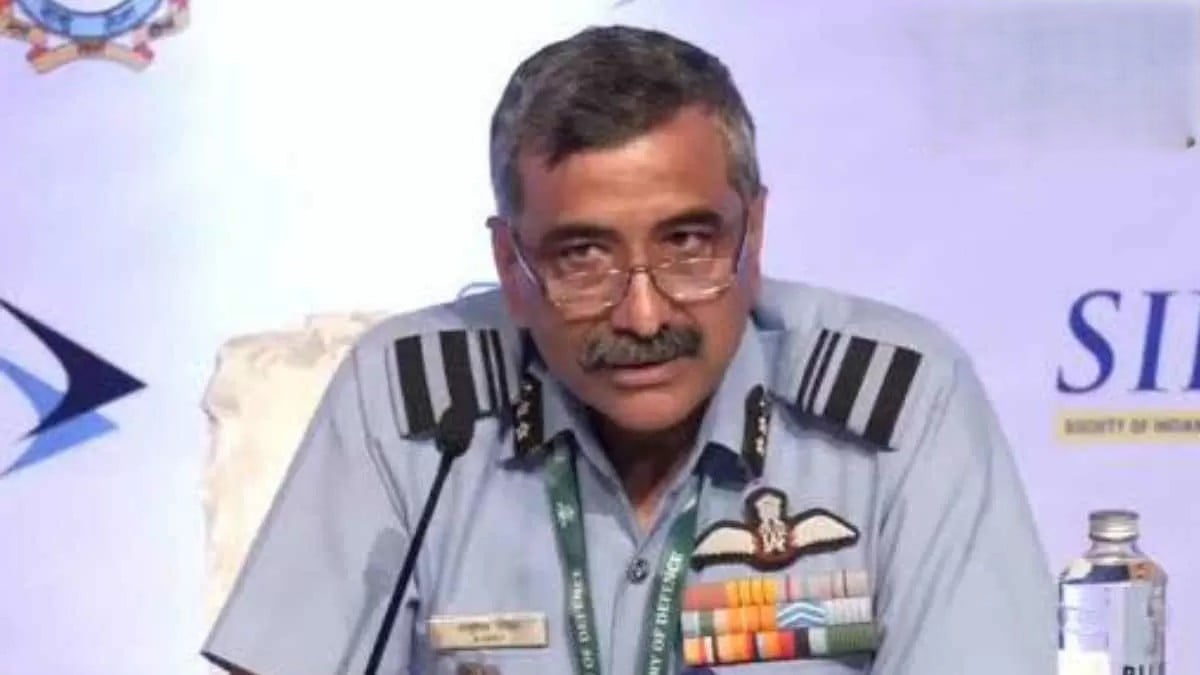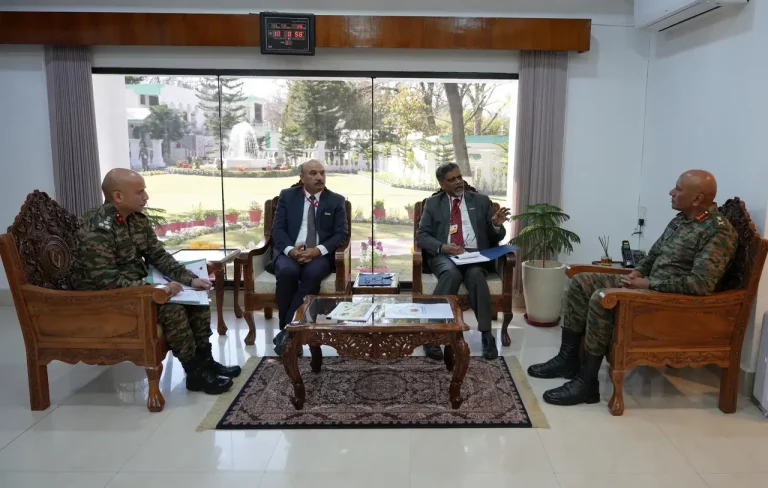Air Marshal Ashutosh Dixit, the Chief of Integrated Defence Staff (CISC), has categorically denied allegations that the Indian Air Force (IAF) conducted a strike on the Kirana Hills region in Pakistan, which is often linked to the country’s nuclear capabilities. During the CNN-News18 Defence Townhall, he addressed the matter directly, stating, “I don’t think so” in response to questions regarding purported operations in the strategically significant area.
The Kirana Hills, situated near Sargodha in Punjab, has been a focal point of concern due to its rumored association with nuclear weapon test facilities and warhead storage since the 1980s. That era saw reports of Pakistan conducting cold tests—non-nuclear explosive trials—within an extensive underground tunnel system. Declassified intelligence documents have previously suggested that this site may serve as a storage location for Pakistan’s estimated nuclear arsenal, which includes approximately 170 warheads.
Recent speculations regarding an Indian strike on Kirana Hills surfaced following Operation Sindoor in May 2025, during which the IAF executed precision strikes on Pakistani military assets in retaliation for a terrorist attack in Kashmir. After these operations, social media and various Pakistani outlets, including the ISI-affiliated Center for International Strategic Studies Sindh (CISSS), propagated claims that India had targeted Kirana Hills to compromise Pakistan’s nuclear capabilities.
Such claims evoked significant alarm, especially when Pakistan’s National Command Authority (NCA) convened an emergency session soon after Operation Sindoor, suggesting a heightened state of nuclear readiness. The timing of these developments fueled surging speculation about Kirana Hills potentially being a target.
Air Marshal Dixit emphasized that an attack on a site correlated with nuclear capabilities would represent a critical escalation. He underscored India’s strategic restraint and its commitment to a no-first-use (NFU) nuclear policy, which starkly contrasts with Pakistan’s policy of maintaining tactical nuclear weapons as a counterbalance to India’s conventional military advantages.
The focus of Operation Sindoor was primarily on neutralizing key assets of the Pakistani Air Force (PAF), such as airbases and radar systems, and did not extend to strategic nuclear infrastructure. The proximity of Kirana Hills to Sargodha Air Base, one of the alleged targets, likely exacerbated the confusion surrounding these reports.
Furthermore, the absence of credible evidence supporting the claims of a strike on Kirana Hills—with no satellite imagery, official confirmations, or independent validation—raises questions regarding the accuracy and motivations behind the narrative. There is a possibility that misinformation or exaggeration influenced the portrayal of India as the aggressor.
In light of these developments, Air Marshal Dixit’s statements serve as a firm counter to speculative reports amidst prevalent regional tensions following Operation Sindoor. The Indian military’s actions seem aligned with its doctrines of measured response and conventional deterrence, distancing itself from the nuclear brinkmanship suggested by some narratives.







